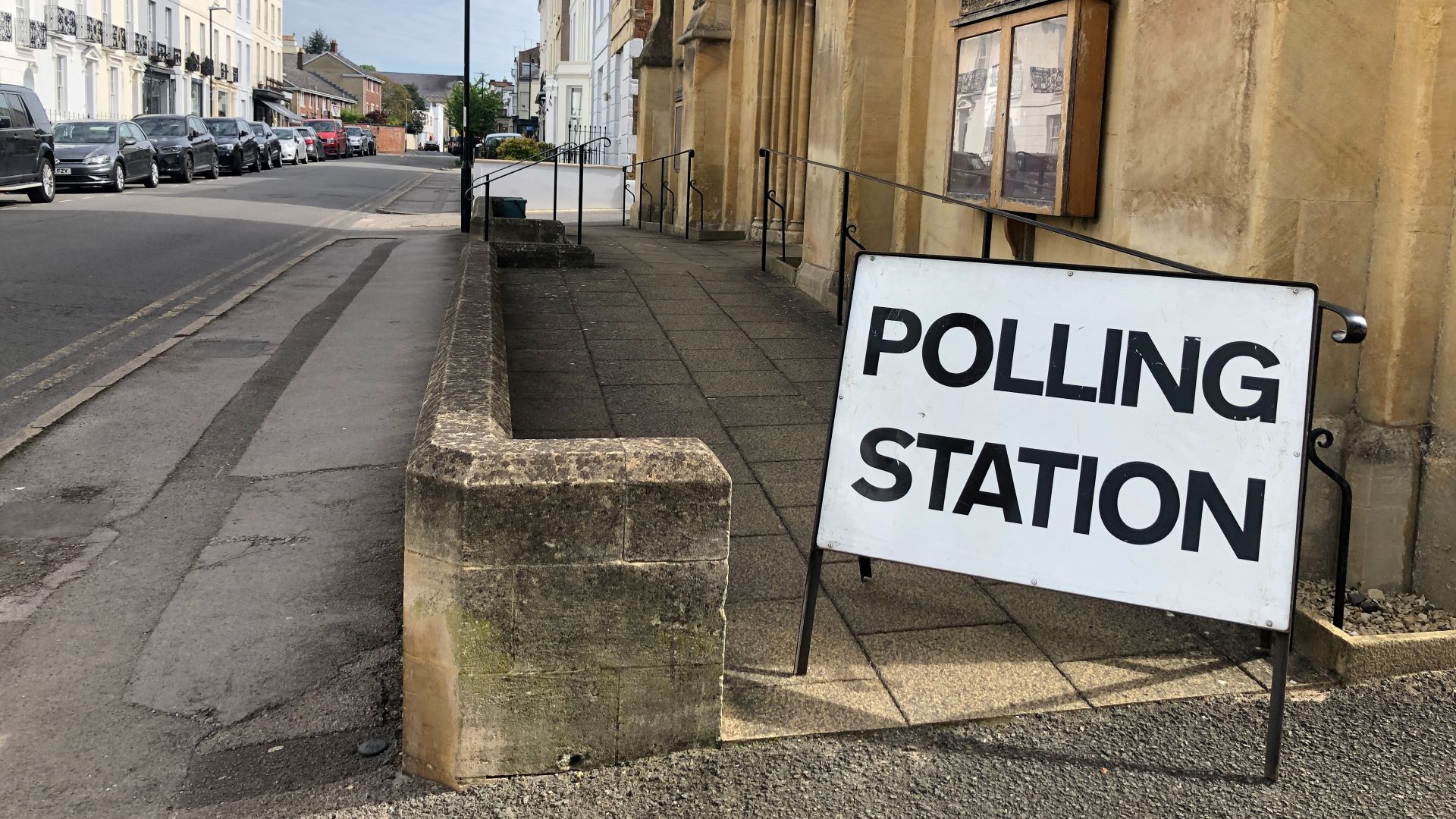Labour leader Keir Starmer’s decision to block his predecessor Jeremy Corbyn from standing as a candidate for his party in the next election creates a dilemma. Corbyn, who has been the member of parliament for London’s Islington North since 1983 needs to decide whether to stand aside or run as an independent.
We are currently in a period of hints and speculation. In some respects, Corbyn doesn’t need to make a firm decision yet, but waiting too long risks leaving him short of campaign funds and infrastructure.
He is used to working a safe constituency seat and has spent the past couple of elections travelling elsewhere, as a party leader must. Corbyn will therefore need to think seriously about the nuts and bolts of campaigning alone. But there are voices urging him on and a belief by some that he could succeed.
To some, independent candidates are innovative and unconventional. They have also been seen as “dreamers, half-baked and hopeless” according to Dawn Brancati, whose 2008 research looked at the fate of independent candidates around the world.
She found a huge variation between those countries in which independent candidates were plentiful and doing well, such as Pakistan, and those in which there were few or no candidates and where they generally did badly, such as the UK and the US. Key to success or failure was the electoral system, both in terms of getting on the ballot in the first place and in winning the race.
The case against standing
The relative lack of UK MPs elected as independents could tell Corbyn that an Islington North bid would be a poor move. There has been Martin Bell, who took the seat of Tatton in 1997, and Richard Taylor who won by a landslide in Wyre Forest in 2001.
But when three former Conservatives stood as independents in their own seats in 2019 after losing the party whip for rebelling over Brexit, none prospered. And Labour’s Frank Field came a poor second in Birkenhead when he left the party and stood as an independent.
The contrast at play in these cases is stark. The newcomers Bell and Taylor succeeded while the experienced politicians failed. The existing MPs knew their constituencies and had name recognition. Surely they would have received an incumbency bounce for just that reason?
Sadly for them, however, the incumbency benefit or personal vote is often greatly overstated. Research has shown that it accounts for up to 8% of the vote but can be considerably lower. This is not enough in a seat used to voting heavily for one party.
Why did Bell and Taylor succeed? They were high-profile “cause candidates”. Taylor, a doctor, was highlighting the health service. Bell was the anti-corruption candidate after the cash-for-questions scandal. Some other parties helped the independents on their way, with the Liberal Democrats standing aside in Wyre Forest and Labour also leaving the field in Tatton.
So even if Corbyn doesn’t have enough incumbency bonus, could he be a cause candidate? The potential may be there but not if the decision is framed as Corbyn hitting back over internal Labour decisions. That central cause with mass appeal still needs to be found.
The case for standing
There is evidence of independents doing well in parts of the UK political system beyond general elections. Ken Livingstone’s high profile and successful run for mayor of London, after being blocked by Labour, is a clear example of breaking the mould.
Early contests for elected mayors elsewhere saw independents, such as Bristol’s George Ferguson, do well. And in the first police and crime commissioner elections in 2012, there were 12 independents elected – more than a quarter of those elected.
There seem to be two factors at play here. First, mayoral elections, in particular, lend themselves to candidate-centred contests. Voters are, after all, meant to be electing a strong, accountable individual.
Second, the election system for these contests has, up to now, been the supplementary vote. Voters have had a first and a second choice. That makes a difference.
It is easy to see how an independent might attract the second choice of a party supporter and end up breaking through as a result when everything is counted up. As Brancati says, the electoral system is a key factor.
The supplementary vote is no longer used in mayoral races, however. And even before that change, independents were finding it increasingly difficult to win. Ferguson was roundly beaten by Labour in 2016, for example.
The verdict
All this shows that the prospects for Corbyn are not great. In an election campaign, he would struggle for media time. He would need to build a campaign machine. He would need to find a core, compelling message to persuade voters to depart from their usual Labour support.
Labour of course will not stand aside and watch. We already know the party has decided that there will be no pacts or standing asides. And even were these hurdles to be overcome, he’d still be running in a first-past-the-post system.
Corbyn’s supporters will feel Labour in general, and Starmer in particular, have treated the former leader very unfairly. And many may agree. This is not, however, enough to deliver ballot box success.
Paula Keaveney, Senior Lecturer in Politics, Edge Hill University
This article is republished from The Conversation under a Creative Commons license. Read the original article.
April 17, 2023



